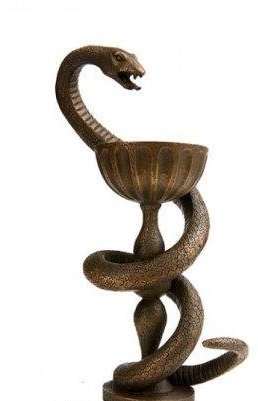There are different ways to classify incontinence by dividing it between stress and urge related incontinence.
Urge incontinence is a state in which you know that you want to urinate but you just can’t hold it to reach the restroom even for a short time. With urge incontinence, you can feel the leakage coming. There’s no way to hold it longer, and if you try to run fast to the bathroom, the more likely you are to urinate prematurely. This condition is found after a bladder surgery and also radiation therapy and when females reach the postmenopausal stage. The withdrawal of their estrogen can result in urge incontinence developing.
Stress Incontinence is the most common type of incontinence. Women who have had children may experience this situation because their urinary tract has been compromised during pregnancy and childbirth. The leakage happens when they are sneezing, coughing, and laughing or when lifting a heavy object, which puts pressure in the bladder. Stress incontinence is described as the leakage when abdominal pressure is achieved this is most often caused by surgery and lax pelvic floor muscles.
Overflow incontinence is observed in bladders that are not working well because of the impaired sensation, passage destruction, and poor contractility. This happens when the amount of the urine goes beyond the capacity of the bladder, causing the urine to leak. You may have an unpleasant feeling because you feel that your bladder is never empty.
Some people with incontinence experience longer times in the bathroom because of the unpleasant feeling it gives them. Some people control this when they feel that their bladder is again full. This problem may be caused by physical obstructions and an example of this includes the prostate problems that men encounter.
Reflex incontinence is due to neurological trauma or spinal disease when you only have a little or no sensation at all. Also, you do not have control of the bladder which causes leakage. You may not feel your urine coming but notice that leakage took place before you knew it.
People who suffer with more than one type of incontinence experience mixed type incontinence. This means that you may have stress incontinence that may become functional incontinence. When a patient’s symptom does not fall into the types of incontinence as explained above, most definitely, it is considered the mixed type incontinence.
Incontinence may be the result of some surgical procedures brought on by rectal surgery or prostate and caesarean surgery. Treating the different types of incontinence must be decided with a plan. It may take a physical examination, analyzing your medical history and lengthy discussions with your doctor to establish a proper diagnosis.

